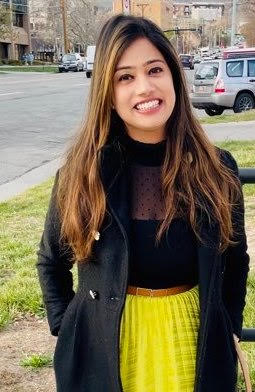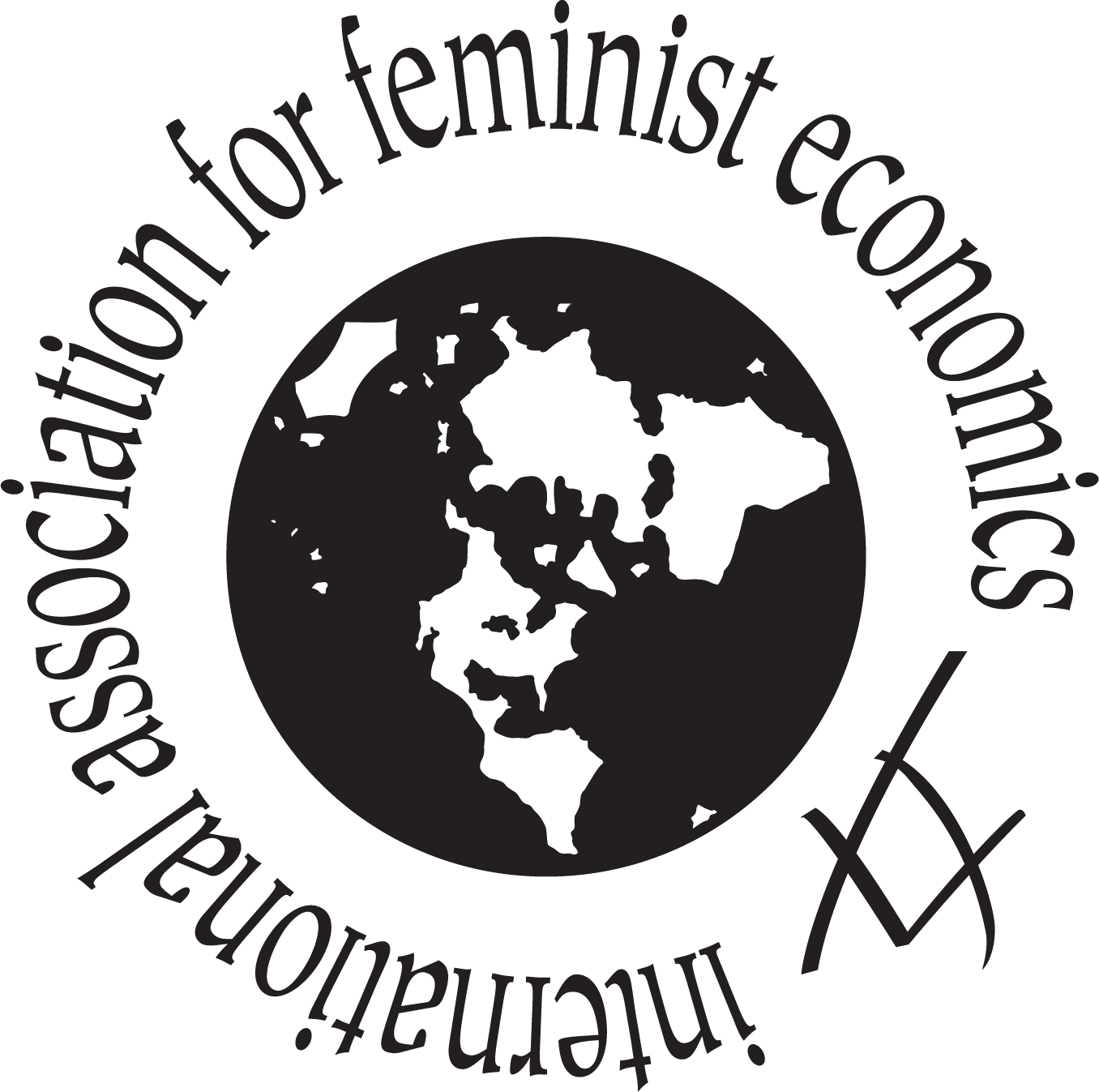For Young & Early Career ScholarsIAFFE's Young Scholars Committee is a vibrant and inclusive community dedicated to creating a welcoming and supportive space for those who self-identify as early-career researchers or are new to the world of feminist economics. We understand that navigating the academic landscape can be challenging, and we're here to help you connect with like-minded individuals who share your interests and aspirations. These are some of the programs and initiatives we have in store to foster a sense of community and collaboration:
To stay updated on our programs and announcements, please complete this form. We look forward to having you as part of our growing community and working together to advance IAFFE’s mission.
Young Scholar Star of the Month: April 2024 Personal Information Social media account details: Work and Research Title of recently published paper, abstract and link to the paper Abstract: Using a contextualized primary time-use survey (TUS) data, we examine the gendered effects of unpaid care work on care providers’ well-being outcomes– labor supply, time allocation, life satisfaction, happiness, and health in India. A reduced form weighted composite score of health conditions and assistance need within household, and presence of care centers in the community is used as an instrument for caregiving. Using two-stage least squared instrumental variables estimation, we find greater adverse effects of caregiving on women compared to men. An additional hour of caregiving reduces women’s: i) probability of labor market participation by 20 percentage points (pp) and their employment hours by over one hour per day; ii) self-care and socializing time; and iii) probability of life satisfaction and happiness; with either no significant or smaller negative effects for men. To our knowledge, this is the first attempt to implement a contextualized TUS, comprising rich data on households’ care needs, private and public care provisioning, households’ access to technology and consumer durables, gender norms, and women’s empowerment. Moreover, the first study in the context of India to provide gender-differentiated effects of unpaid care on well-being. The study draws policy implications focusing on interventions directed towards mitigating restrictive gender norms, access to durable goods and reducing the burden of domestic chores. Any conference participation, recognition, service to community (through CSOs or yourself) or achievement you want to share? Implemented field work in India: I along with my collogues secured funding from the Asian Development Bank Institute to implement a time-use survey in India followed by a randomized control trial (RCT). Phase 1 involved a socio-demographic and time-use survey based on an interview-based time-diary approach. The underlying idea was to recognize women’s unpaid care work burden and study its multi-dimensional impact on well-being outcomes. Phase 2 involves a RCT based on a unique intervention targeting gender norms. The intervention design includes two treatment arms: the first focusses on educating couples about topics like gender equality, stereotype, discrimination, trust and cooperation, and the second includes couple activities and games, in a community setting, which reinforce cooperative behavior and challenge breadwinner-homemaker gendered roles. We assess the impact of ‘learning by learning’ and how ‘learning by doing’ may have an additional effect on a range of outcomes including i) time allocation in employment, unpaid caregiving, domestic chores, socializing, leisure, and self-care; and ii) social and economic decision making; iii) health and well-being. The study aims to redistribute couples time allocation and target their attitudes to promote gender-equitable outcomes and women’s’ empowerment. My recent podcast with the Association of Social Economics highlights the key gender issues in economics focusing on unpaid work. I particularly shared my views on:
Involvement with IAFFE How long have you been a member of IAFFE and YSC?: Since 2021 What do you bring on to make YSC better?
If elected YSC Chair for one term, name three (3) main things you would do. 2. Enhance the visibility of YSC across social media platforms and on the IAFFE website. 3. Utilize the website as a platform to identify Young Scholars (YS) and Senior Scholars (SS) focusing on specific research topics within particular geographical areas. This platform aims to facilitate connections among researchers, fostering synergies in research endeavors. If you are tasked with the responsibility of organizing an activity for YSC, what would this activity be and where would it take place? I propose organizing annual local events as a means to diversify the committee's reach and engage more young scholars. For instance, we could host events in various countries with the assistance of our local scholars or country representatives. Such events would also provide an opportunity to address local challenges faced by young women. We could then establish mentorship and buddy programs tailored to their needs. Country representatives could collaborate with universities or workplaces to organize these events and promote awareness of IAFFE, thus promoting network among feminist scholars and fostering capacity building. Where do you see YSC in the next 5 years? Overall, I foresee YSC playing a pivotal role in shaping the future of academic discourse, fostering inclusivity, collaboration, and innovation in the realm of young scholars' engagement worldwide. In the next five years, I envision the Young Scholars Committee (YSC) evolving into a dynamic and influential community. Here's how:
|



